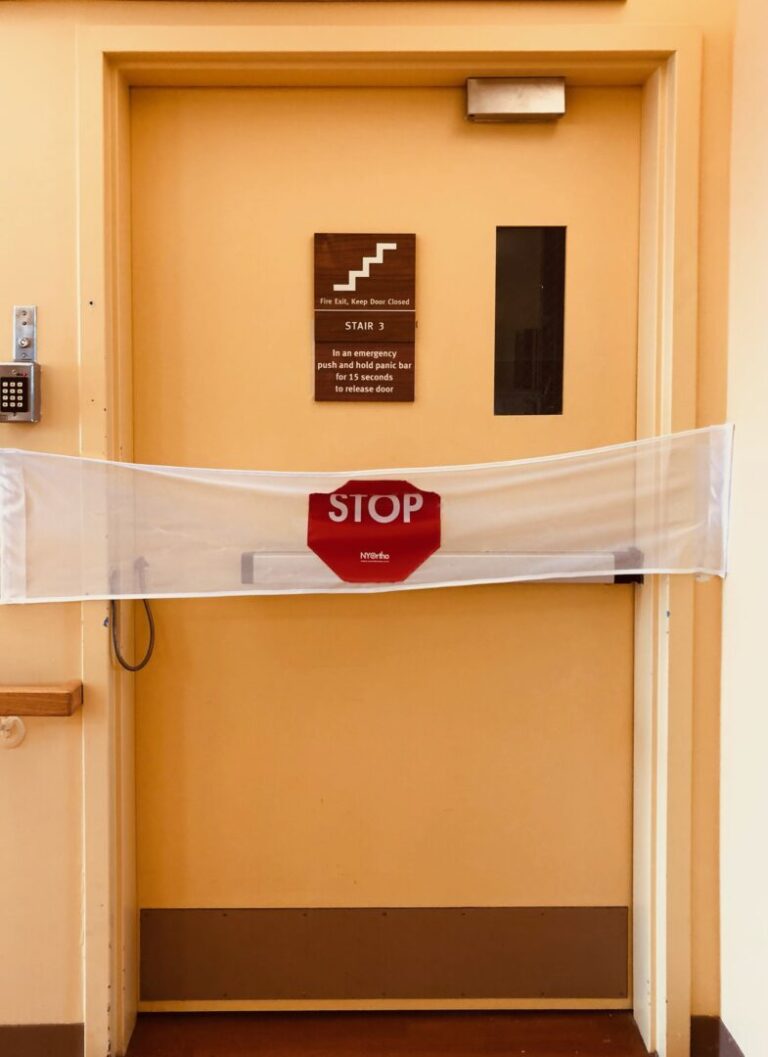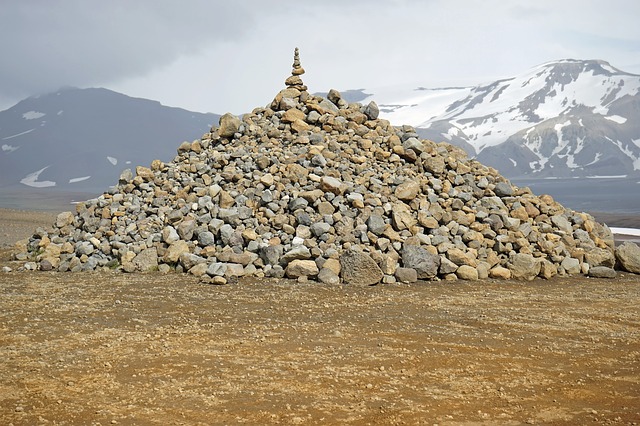In 2020, the COVID-19 pandemic exploded and nursing homes rapidly became overwhelmed with disease, death, and despair. During this time, I learned Sylvia, an old woman with dementia I had befriended, was one of the many old and disabled people confined in nursing homes who did not survive. In this reflective and part personal, part scholarly essay, I leave evidence of and for Sylvia and the nearly 200,000 old and disabled people and care workers who contracted COVID-19 and died within the confines of neoliberal, profit-driven long-term care institutions. Disability justice activist Mia Mingus writes, “We must leave evidence. Evidence that we were here, that we existed, that we survived and loved and ached.” Leaving evidence is a political act, a form of resistance in an ableist word. And yet leaving evidence is particularly challenging in the context of dementia, care, confinement, and death—making it even more important, more urgent. Building on Ellen Samuels’ assertion, “Crip time is grief time,” I consider how mourning Sylvia and countless other nursing home deaths, interwoven with my own experiences of distress, yet also solidified my need to survive, might leave evidence and keep working toward an abolitionist future—one in which old and disabled women like Sylvia, like my future self, might thrive.
Keyword: time
The Place and Pace to Remember: Keeping What the Pandemic Has Given Us
We begin with the question “what do we want to keep that the pandemic has given us?” Largely co-written in 2021, this reflexive essay serves as a snapshot in time, at one stage of the pandemic, reflecting upon earlier, shared experiences at one institution of higher education. We locate each of our identities and positionalities in that space and beyond. Our essay uses Moya Bailey’s 2021 discussion of an ethics of pace to frame our thinking and collective memory work and to counter what we identified as the distinct efforts of institutions of higher education to not have places for institutional memory. We articulate that without memory places, it is impossible to build both a history of justice work in institutions of higher education and accountability that this justice work is seen through. And we ask, how are we to build justice and healing in higher education when the place is designed so that we can’t remember things, and when there seems to be a goal to not have institutional memory that remembers how, why, and by whom justice work is done? We answer the question: “what do we want to keep that the pandemic has given us?” with this: “the pace and place to remember.”
Marxism, Cultural Studies, and the “Principle Of Historical Specification”: On The Form of Historical Time in Conjunctural Analysis
Karl Korsch identifies in Marx’s work what he calls “the principle of historical specification,” the way in which “Marx comprehends all things social in terms of a definite historical epoch.” This work is concerned with this idea and its instantiation in contemporary social theory. With this paper I hope to show how the principle of historical specification has been interpreted within the Birmingham tradition of cultural studies, paying specific attention to (1) the form of historical time implicit in the concept of a “conjuncture,” and (2) the logic of historical periodization that follows from a “conjuncturalist” approach to historical research. I argue that a conception of plural temporality is central to the mode of historical analysis associated with the Center for Contemporary Cultural Studies.
The Times of Settler Colonialism
Response to J. Kēhaulani Kauanui, “A Structure, Not an Event: Settler Colonialism and Enduring Indigeneity,” published in Lateral 5.1. Gniadek approaches settler colonialism via questions of time—asking When is settler colonialism?—which reveals how narratives of national belonging tend to operate, as narrative confrontations that facilitate violence throughout and across time.



